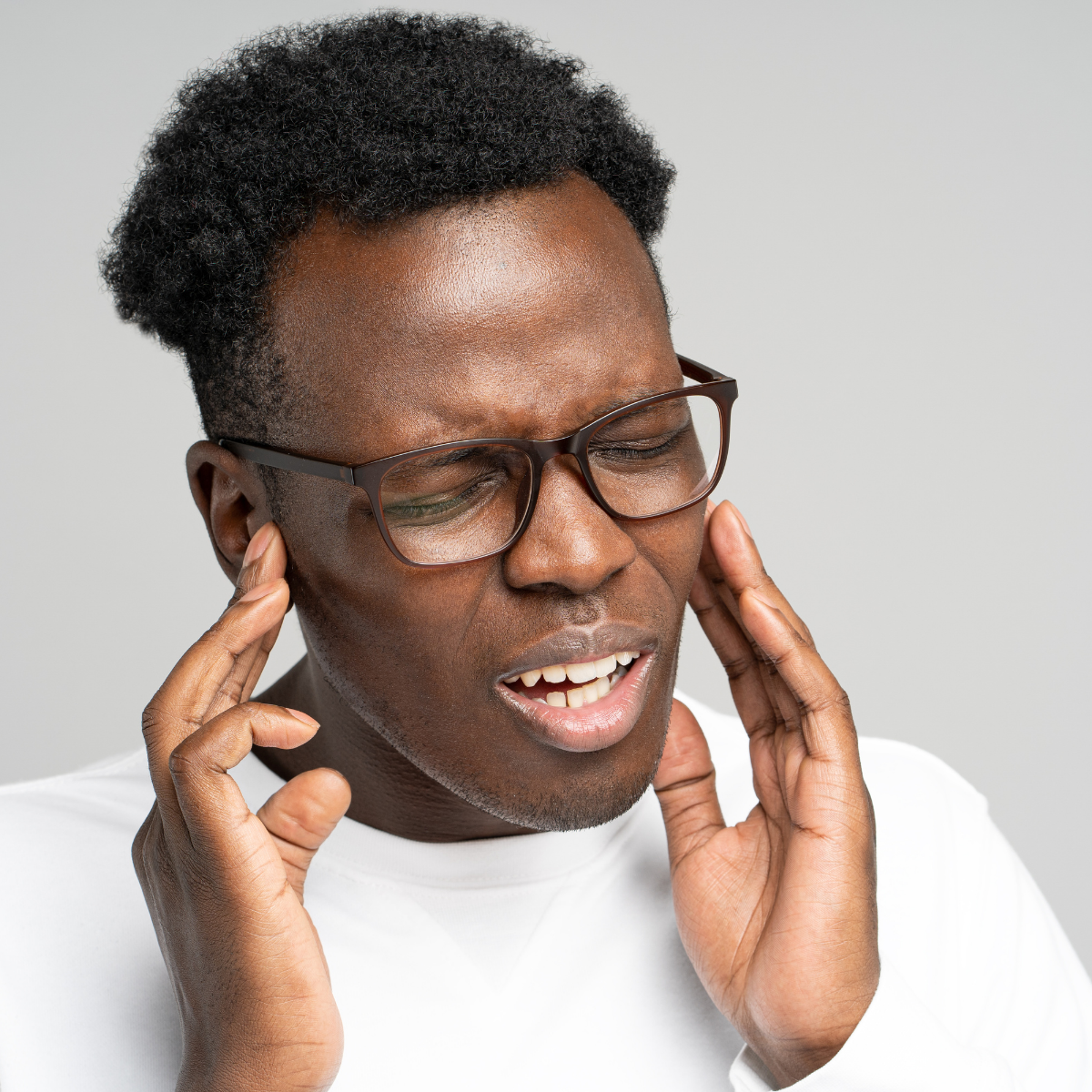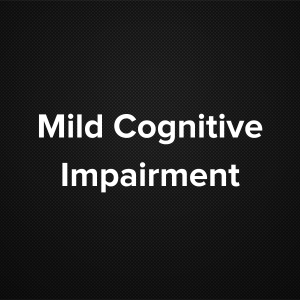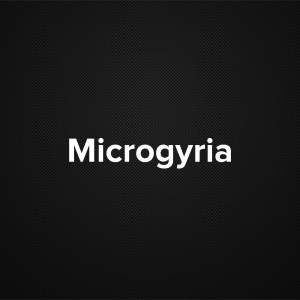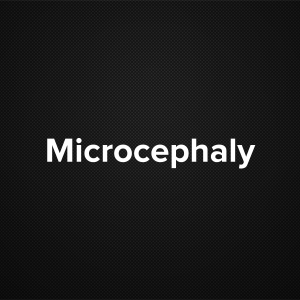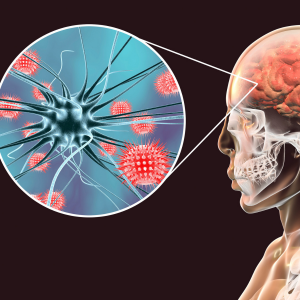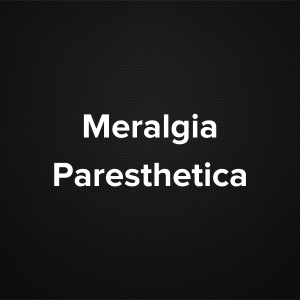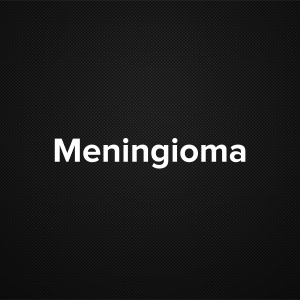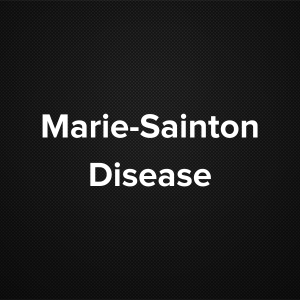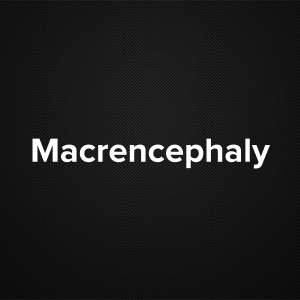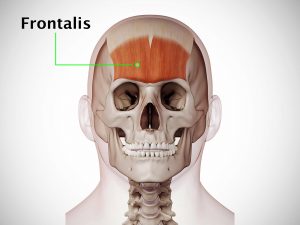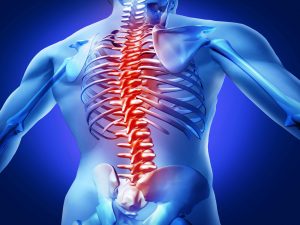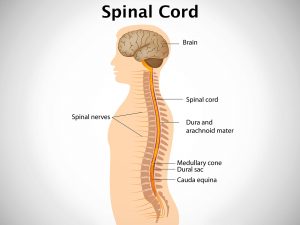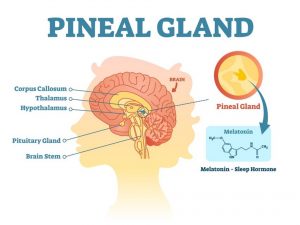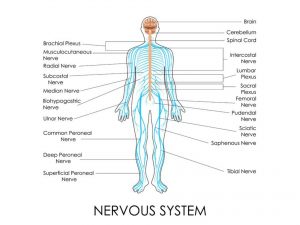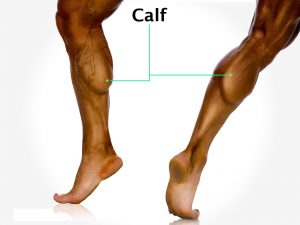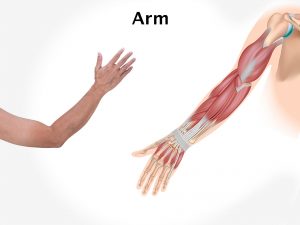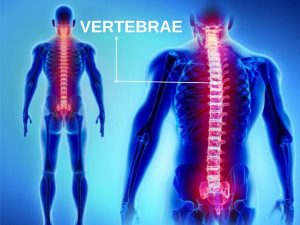Causes and risk factors
Trigeminal neuralgia is caused due to enlarged blood vessel causing compression of the nerve e.g. the superior cerebellar artery enlargement. Injury to the nerves in accidents, aneurysm and arachnoid cyst and multiple sclerosis also cause neuralgia. Certain factors can also provoke the attack of pain are smoking, brushing of teeth and exposure to cold.
Clinical presentation
Pain is the cardinal symptom of trigeminal neuralgia. It is severely disturbing pain. The pain is throbbing or stabbing in nature. It is either located to the jaw or may radiate to other parts of the face like eyes and head. Unilateral or bilateral affection can be seen. The pain can last from few seconds to few minutes. Complaints can reoccur.Trigeminal neuralgia can lead to intense and unmanageable pain and can also lead to paralysis.
Investigations
Diagnosis is done on the basis of the symptoms narrated by the patient and by physical examination carried out by the neurologist. Certain physical tests are carried out. Light touch test and Jaw jerk reflex are diagnostic. Brain scans along with all the routine investigations are also advised.
Treatment
Anti convulsant, antispasmodics medications are advised. Glycerol injections can also be given. Glycerol injection can also be given. It is injected into the small sac of spinal fluid
Various surgical methods are adopted. It consists of Sterostatic surger, Gamma knife surgery or micro vascular decompression. Neurectomy is also recommended in severe cases.
Other modes of treatment:
Certain other modes of treatment can also be helpful in coping up the symptom. Taking into consideration the symptoms in holistic way, homoeopathy can offer a good aid for the relief of the symptoms. The Ayurvedic system of medicine which uses herbs and synthetic derivates can also be beneficial in combating the complaints.
Recent update:
A study carried out by Wolters Kluwer Health states that for patients who need surgery for facial pain caused by trigeminal neuralgia, the most cost-effective procedure is the least often used.
